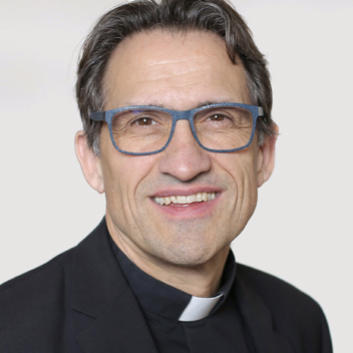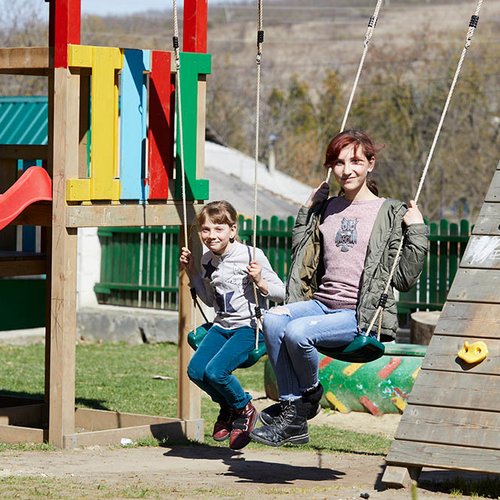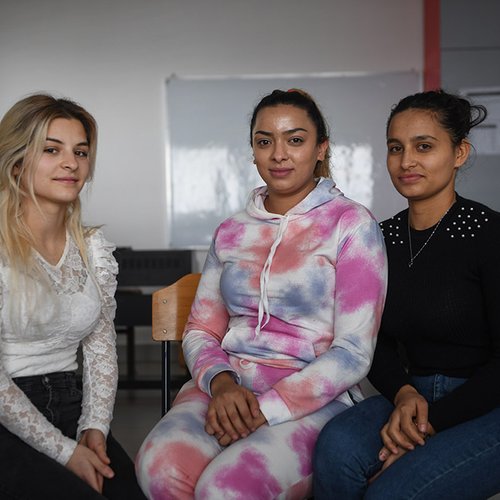Helping children in Kosovo
One of the poorest countries in Europe
At around 25 %, the unemployment rate in the country is enormously high (as of 2021), and even more drastic among young people. About one third of all young people are out of work. This circumstance contributes to the fact that half of all children live below the poverty line. They are often left with less than 1.20 euros a day. Children who grow up in Kosovo are often forced to collect rubbish or go begging, at the expense of their school education.
The problems of the people in Kosovo
- There is no unemployment insurance
- There is no health insurance
- The ethnic groups of Roma, Ashkali and Balkan Egyptians are marginalised - they are the poorest in the country
- Children receive only inadequate schooling and education - there is usually not enough money here
- Problematic image of girls and women: girls are often married off at a very early age and do not receive any education.
- The children have no prospects for the future
- Domestic violence against women
![[Translate to English:] Concordia hilft im Kosovo](https://www.concordia-sozialprojekte.ch/fileadmin/_processed_/d/b/csm_CONCORDIA_Kosovo_67ffe483ea.png)
Since the beginning of 2021, CONCORDIA has therefore also been represented in Kosovo. The CONCORDIA Tranzit Centre in Prizren in the south of the country offers a programme of early childhood education, learning and homework support for school children, music lessons with two choirs and an orchestra as well as an education programme for young people.
The latter come from the surrounding communities or attend the local high school and are actively involved in the care of the children. CONCORDIA's social workers also involve the families of the children and young people in the daily work and support them in case of problems.
We also offer programmes for adults. These include work with women in the fight against domestic violence and our support for parents who want to complete their education.
Our beacon project in Kosovo: Community work
The CONCORDIA Tranzit Centre in Prizren was taken over by CONCORDIA in 2021. It counters existing prejudices against marginalised children and youth and builds bridges between communities by bringing together private students from the local Loyola High School and adolescents belonging to a resident minority.
The centre has a kindergarten with two groups, a school support programme with homework supervision and additional lessons, a music school and also houses a creative workshop.
Currently, the CONCORDIA team consists of trained teachers, social workers, nursing staff and a psychologist.
The CONCORDIA Tranzit Centre aims to effectively target efforts on an individual basis and to improve the socio-economic situation of the children and young people in the long term.
![[Translate to English:] concordia sozialprojekte tageszentrum im kosovo karte](https://www.concordia-sozialprojekte.ch/fileadmin/_processed_/4/a/csm_karte-kosovo_b7e2f441d6.png)

Member of the board, Pater Markus Inama SJ



![[Translate to English:] Schule im Kosovo](https://www.concordia-sozialprojekte.ch/fileadmin/_processed_/6/6/csm_Kosovo-Tanzit-Prizren-Schule_00ac575e84.jpg)
